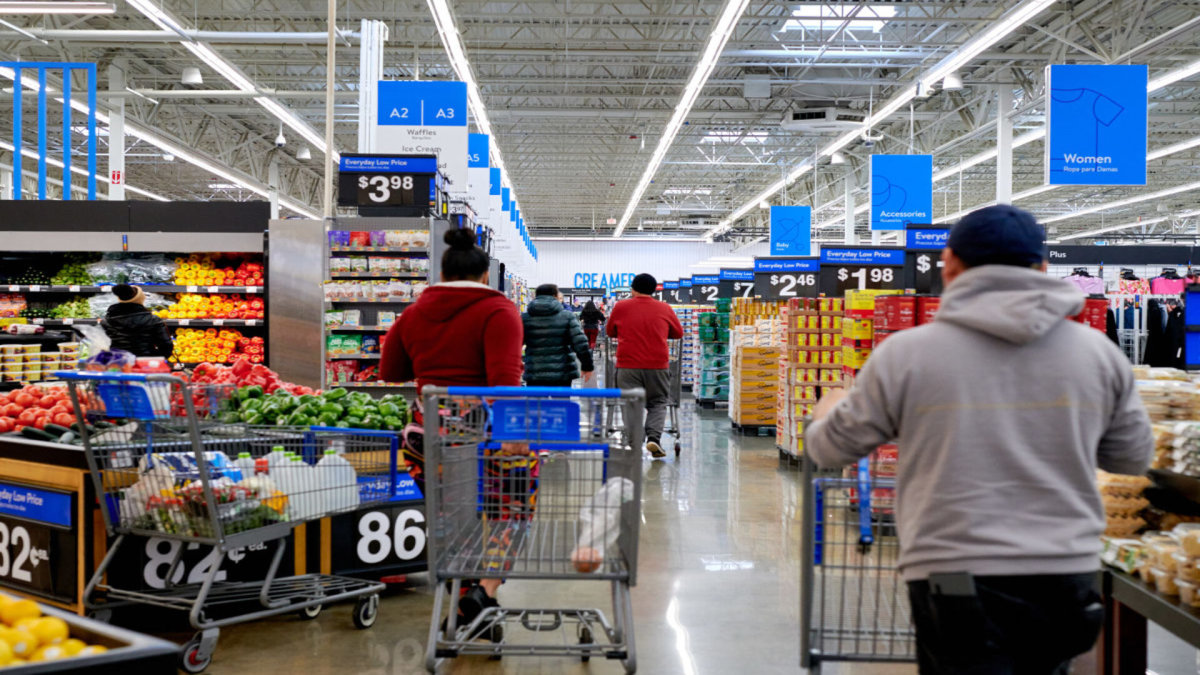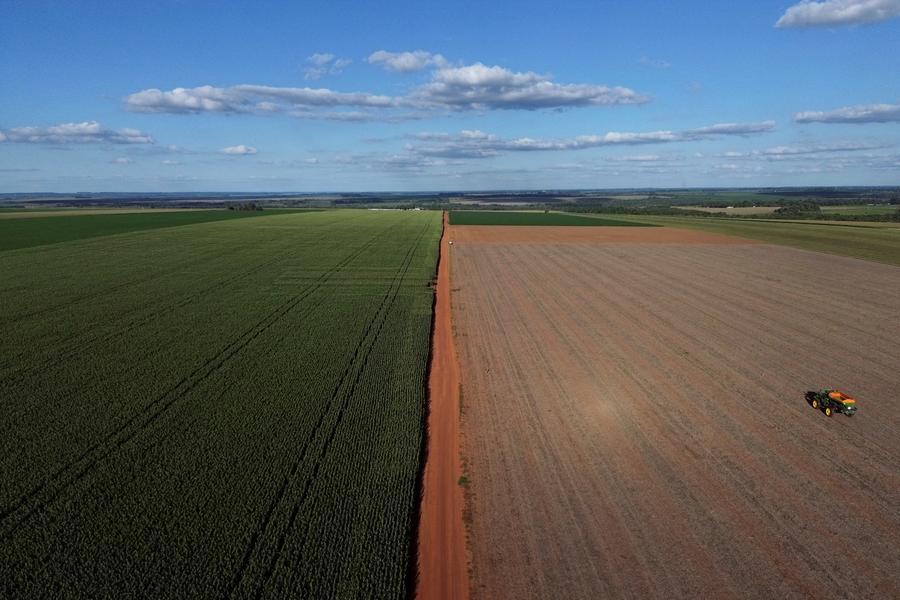The unexpected closure of Walmart's store and pharmacy in Federal Way, Washington, highlights a significant shift in the retail landscape, as the company grapples with evolving consumer demands and economic pressures. While many retailers are scaling back amid a challenging economic climate exacerbated by a trade war, Walmart has largely maintained its growth trajectory through remodeling and expansion. This closure, affecting approximately 250 employees, raises questions about the company's long-term strategy and its ability to adapt to rising operational costs, particularly in light of recent tariff changes that have impacted profitability and operational decisions.
Walmart's proactive approach to navigating these challenges involves a comprehensive reassessment of its store fleet and a commitment to modernization, as evidenced by its "Investing in America" initiative. Despite the closure, Walmart continues to invest in technology and infrastructure, aiming to enhance its in-store and e-commerce integration. The company's leadership remains optimistic about future growth, emphasizing that strategic investments will yield higher returns, even as they acknowledge the potential for increased costs. This closure may signal a shift towards optimizing profitability by shedding less viable locations, reinforcing Walmart's adaptive strategies in a rapidly changing retail environment.









